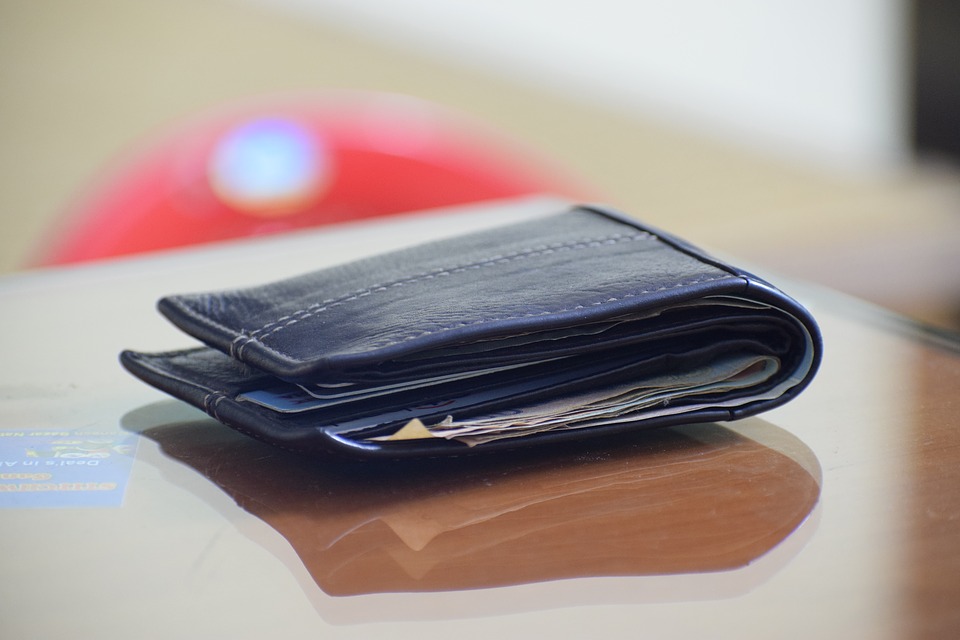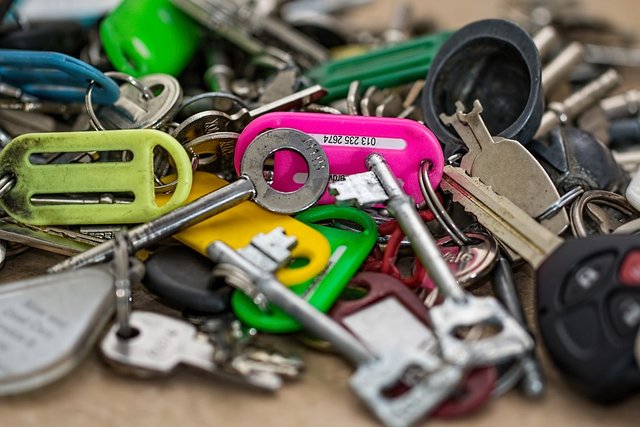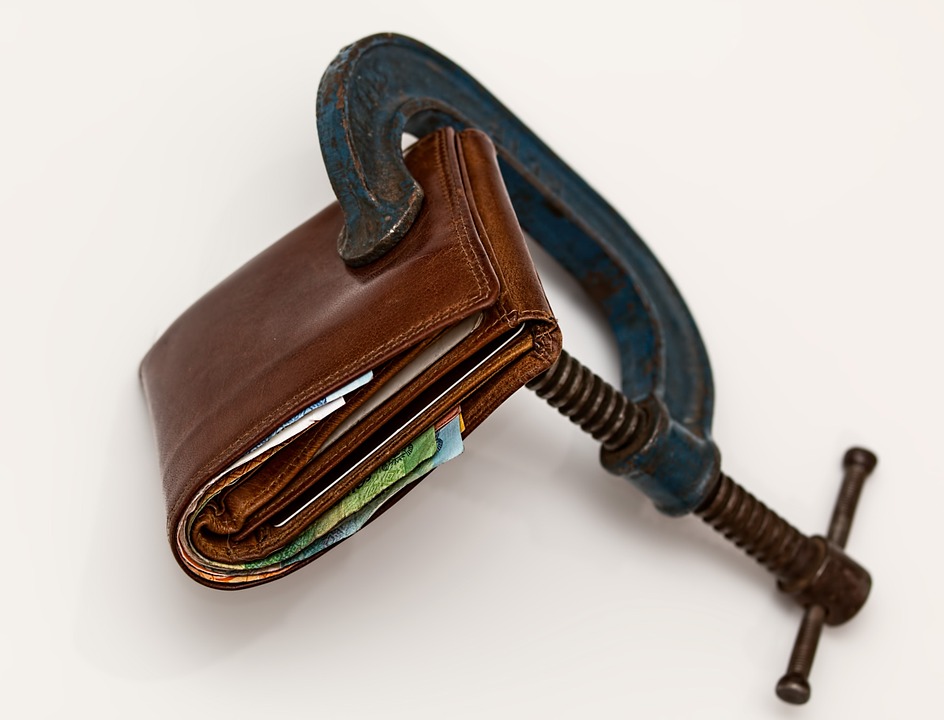Crypto for Starters: Pt. 2 - Wallets
What is a crypto wallet, how do I use it and which one is best for my needs?
In this article I will go through the various types of cryptocurrency wallets and explain the differences between them. Please note that the mentioned descriptions apply to many cryptos, but not all of them. Some of them work fundamentally different.
What is a cryptocurrency wallet?
The term wallet can often be confusing in the beginning when you try to think of it in terms of a traditional wallet. In the crypto world, a wallet does NOT hold any funds or coins. All this information is saved in the blockchain (or more general speaking, the ledger) in form of a proof of every transaction ever made.
A wallet is often simply a software interface between the user and the ledger.
So what is stored in the wallet?
Your private key, public key and the seed they were generated from.
This is basically all the info which is needed to broadcast a transaction from your account to another one over the ledger.
Seed
A seed is a unique code consisting of randomly generated words. The private key can be generated from this seed, but the seed cannot be generated from the private key. Keep this seed somewhere safe (e.g. note it down and lock it away) and you will always be able to recover your wallet, even if your computer breaks or your wallet software gets deleted.
Private Key
This key, generated from the seed, is required to sign your transactions. Thinking in traditional banking terms, this would be your PIN code. Never give it away, whoever knows your private key has full control over your funds! Similar to the seed, the private key can be used to restore your wallet at any time on any device. The private key generates a public key, but the public key cannot generate or trace back to the private key.
Public Key
This is your account number so to speak. You share this key with others so they can send you funds and others can see this key if you make a transfer to them. You can enter this key into block explorers (e.g. blockchain.info for Bitcoin) to see the full transaction history for this "account".
In conclusion: A wallet is simply a store of your seed and / or private key and public key to allow you to access your funds on the public ledger. Therefore, no matter what wallet you choose for your personal needs, it is advisable to make sure the wallet lets you view your private key. Only when you know your private key YOU are in control of your funds; otherwise you are dependent on the host of the wallet software. Most wallets also let you import your private key, so you can easily migrate from one wallet to another.
Different types of wallets
Cold wallet vs. Hot wallet
All wallets can either be classed as as hot or cold. Hot wallets are connected to the internet, e.g. saved on your online PC or smartphone. Cold wallets are isolated from the internet, offline. This could be a piece of paper, a USB memory stick, etc.
Cold wallets are generally deemed safer than hot wallets.
Desktop wallets
A wallet to download and install on your PC. They are usually locked via a password or Keystone (file saved on your computer to access it). A good choice if you require easy and quick access for regular transactions from the same device.
Good wallets supporting multipe currencies are Coinomi or Jaxx.
Mobile wallets
Basically the same as a desktop wallet, just in form of a smartphone app. Make sure you password protect the app and save your private key in a second place in case your phone gets lost or stolen.
MyCelium is a reputable Bitcoin wallet, Coinomi and Jaxx also have mobile versions available.
Web wallets
A third party, external server based wallet. Simply visit a website, create an account and set up your wallet without downloading any software.
They are practical if you need to access your funds from various devices and locations but often a third party holds your private keys, which requires trusting this party and being dependable.
The most famous of these online wallet providers are probably Coinbase or other exchanges like Poloniex and Bittrex.
Ethereum wallet Myetherwallet is worth mentioning, as this one lets you view your private key, unlike most others.
Paper wallets
Literally just your private and public key noted down on a piece of paper. Any wallet with a private key import feature can use this private key to transfer funds. Probably one of the safest options, although inconvenient to use on a regular basis and bears the risk of paper degrading, becoming unreadable, etc.
Tips to ensure their durability over longer times: Generate various copies, store them in different places. Engrave metal plates with the private key. Store copies on USB dongles or SD cards.
Most wallets let you view your private keys to note down. Or you can use sites like bitaddress.org and liteaddress.org (considered safe at the time of writing) to generate a wallet. This works even offline!
Clients
A client to download and install, including the full ledger.
Bulky to use as it requires significantly more storage space on your device than other options and needs to synchronize before every use. However, the most trustless option, as you directly broadcast your transactions. You also help out the network by being part of it. The true wallet for enthusiasts and supporters of the project.
For most cryptos you will find the official client on their website.
Hardware wallets
Devices specifically designed and built for the purpose of storing cryptocurrencies. Generally accepted as very secure and reliable. Unlike most other options on this list they can be consider costly (~$50+).
The two big names here are Trezor and Ledger.
I hope this article clarified the differences between the various wallets available and explained what they fundamentally are.
If you know about any alternatives I missed, feel free to write them in the comments and I might add them to this list!
I do not work for or get paid by any of the mentioned brands or products
Blog overview
This article is part of a series of cryptocurrency beginner guides and tips and tricks to ease the entry into the crazy world of cryptos. I also issue regularly blog entries about trading techniques, new exciting ICOs and general crypto news. Follow my channel to keep up to date!
Other articles in this series:
Part 1 - What is this Bitcoin thing?
https://steemit.com/bitcoin/@schwmm/crypto-for-starters-pt-1-what-is-this-bitcoin-thing



need help with an iota wallet for Mac
Never used it and the tech behind IOTA, byteball etc. (tangle) differs quite a bit from most other blockchain based projects.
I can have a look into it for you but you are probably better off asking folks over at the IOTA subreddit
thanks